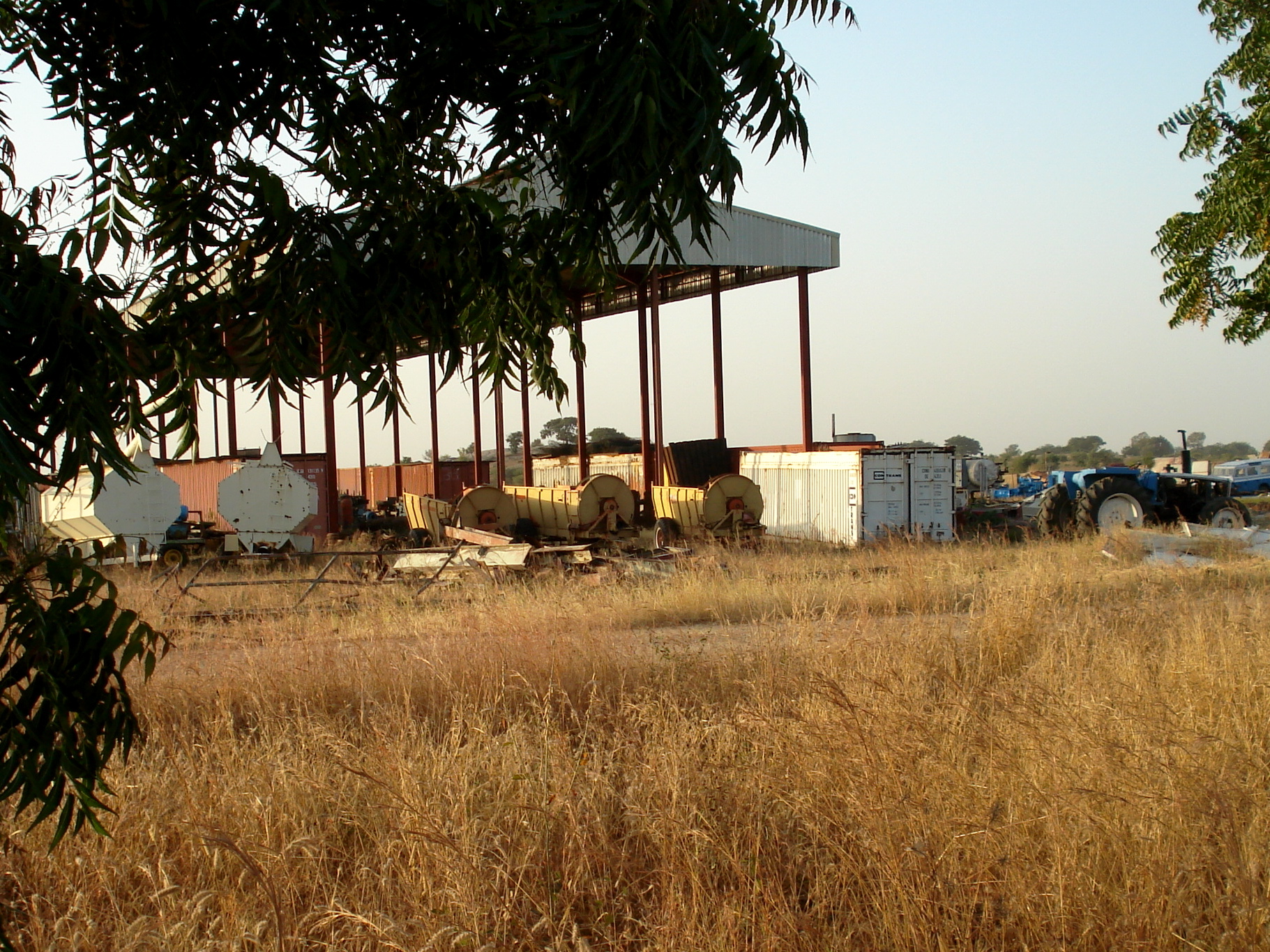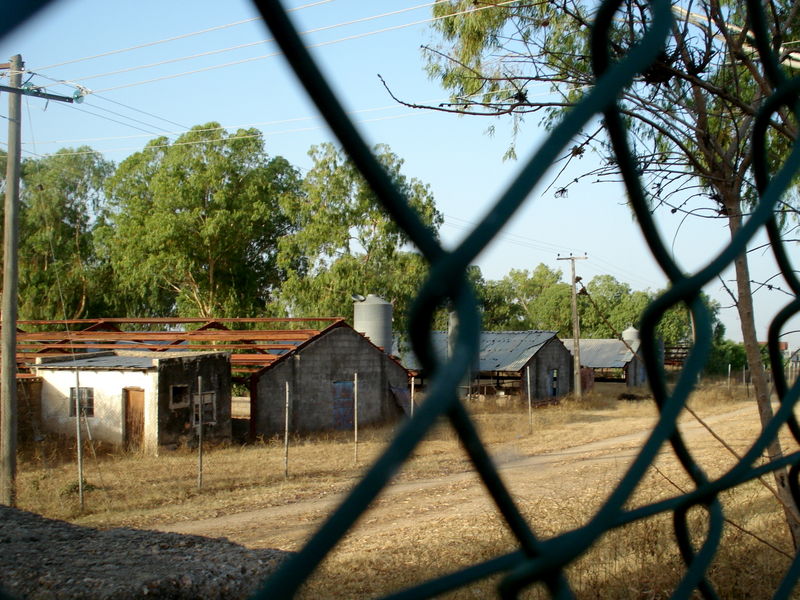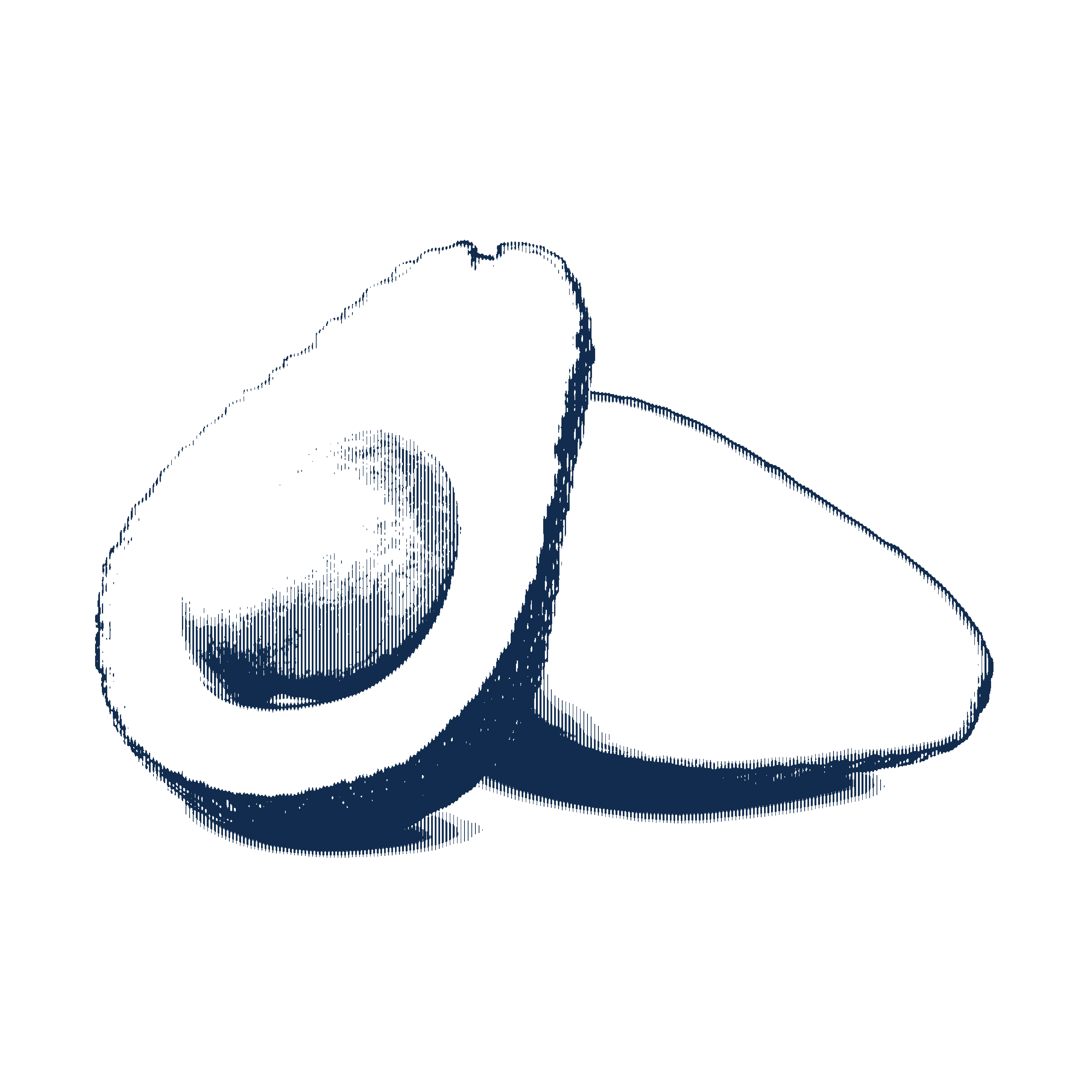
I first came to the dry, remote north of Nigeria 25 years ago on a rather strange holiday to visit a Dutchman I knew who had the job of managing a commercial farm there. The farm owner was Usman Dantata, a member of one of Nigeria's wealthiest families. Besides 2,000 hectares of land for cereals, cotton and rows and rows of industrial chicken coops, Dantata's property had a private airstrip, three mansions for each of his three wives, plus two teams of polo horses, some of which I got to ride.
Finding the farm again was pretty easy. From Kano, the regional capital in the north, I hired a driver to take me south to Tiga Dam, which I knew to be the source of water used for the farm's irrigation system. From there we soon came across Anadariya Farms as the property was called, but already from the roadside I could see it had long ago been abandoned. I recognised the skeletons of the chicken coops, fuelling station and staff housing were I had stayed. Tractors, combine harvesters and silos were rusting away.
I was not really surprised. Countless mechanized farms in northern Nigeria are now abandoned. I visited another 2,000-hectare farm near Tiga that the Dantata family had sold to the late military dictator Sunny Abacha. It too was no longer functioning. Nor is a 5,000-hectare property in Katsina State, Sambo Farms, which had at one time been managed by Nigeria's current president Umaru Yar'Adua.
Using Nigeria's vast oil wealth, successive governments had built a score of giant dams in the north to facilitate large-scale irrigation enterprises yet none of the dams were being utilized and the experts I talked to could not point to a single industrial farm functioning effectively. My mission here was to try to understand why all these massive investments had failed.
Usman Dantata, I discovered, was a quadriplegic. He had been shot in an assassination attempt and spent years in hospitals in the West. Now he was back living inside his derelict farm, though I was told few people ever got to see him. He refused to see even his own wives, locals said. Yet when we drove up to the main gate I was lucky. One of Dantata's son showed me in. Dantata was sprawled on a bizarre-looking bed-O-matic contraption in the living room with electrical wires running from it to a series of car batteries. His fingers were spread out in front of him perfectly still and for the hour or so I was with him the only part of his body motion I saw move was his month. His voice was breathy and high pitched. He talked in riddles about what had happened to him and his farm.
I asked him about theories I had heard that wealthy Nigerians created big farms as status symbols. "What kind of status symbol is a failed farm?" he responded. I asked if they created the farms as a way to launder money, mentioning stories I had hear of some who claimed to be turning a profit even after their farms had been abandoned. He said he could think of far cheaper ways to launder money and that for a few years his farm turn huge profits.
He spoke in generalities about government being to blame. "They never follow through on their promises," he said. "Is that why your farm failed," I asked. "Its complicated," he responded. I came away with no better understanding of why he and so many of Nigeria's big men had invested so much and gained so little, yet there was something about him and his life that seemed an appropriate metaphor.




